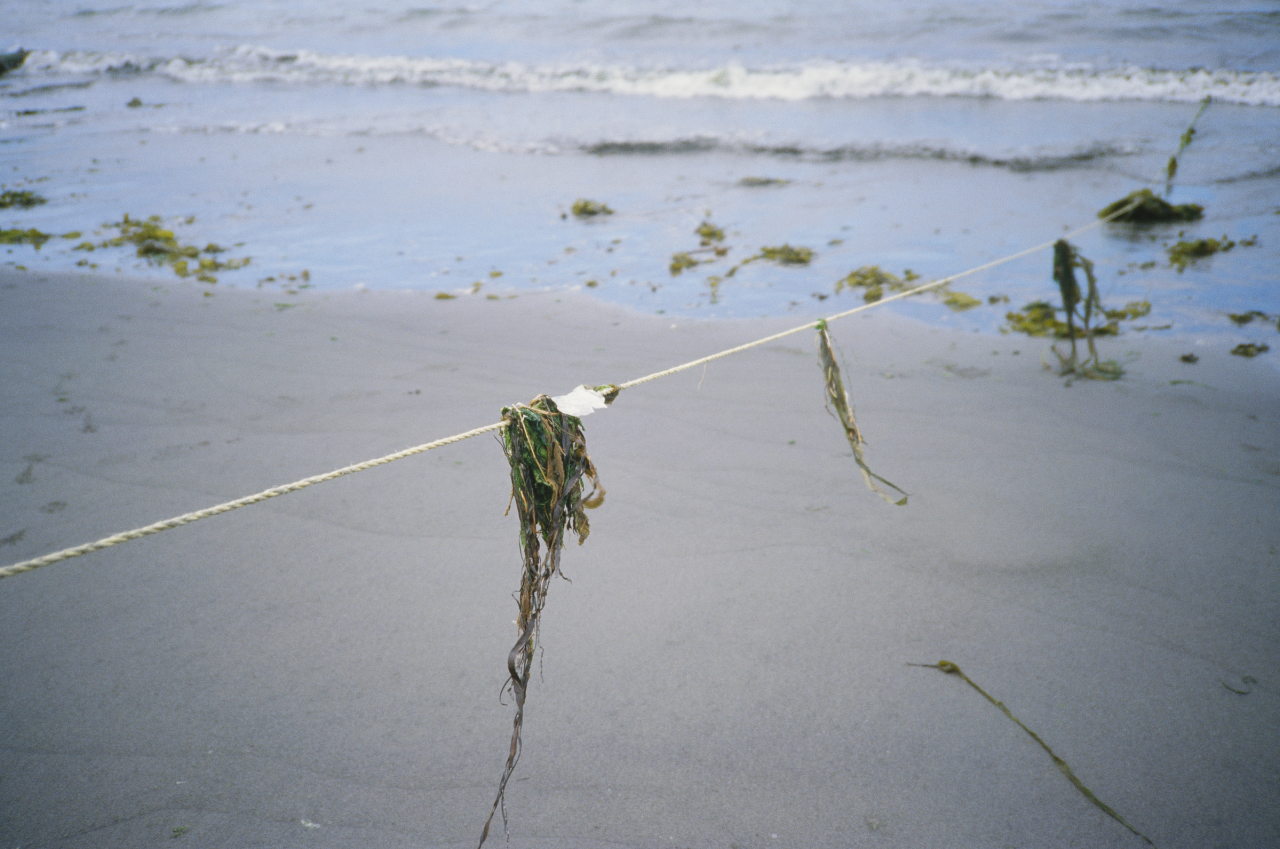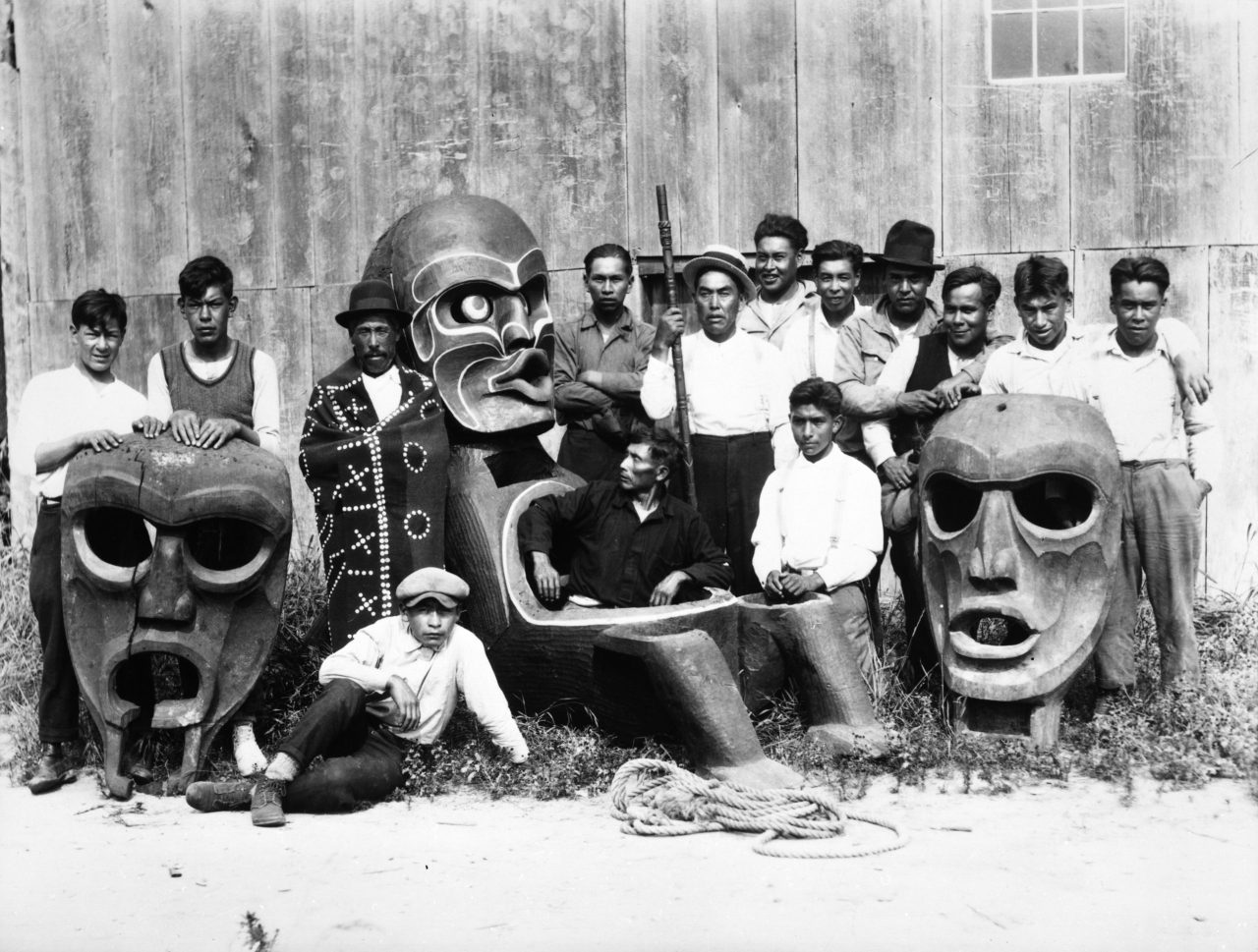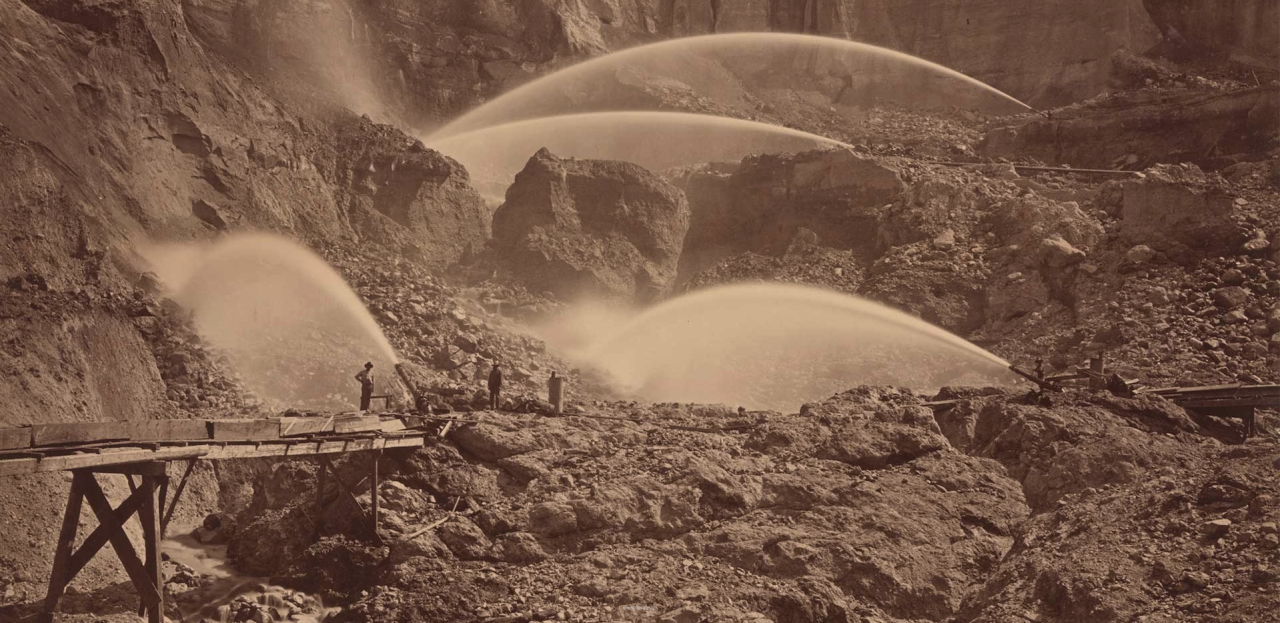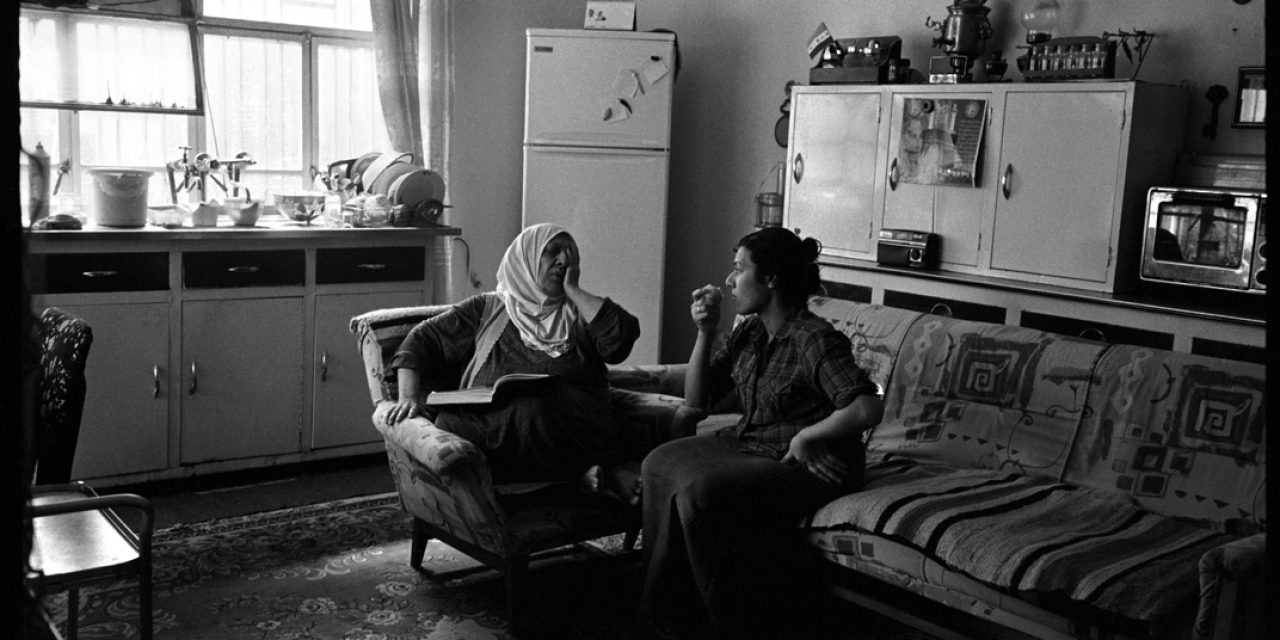Thursday, 5 Dec 2024 at 6:30 pm
The Polygon Gallery, 101 Carrie Cates Court, North Vancouver
Critical Image Forum: Lecture with Vanessa R. Schwartz
-
Vanessa R. Schwartz
writerVanessa R. Schwartz is Professor of Art History and History at the University of Southern California, where she directs the Visual Studies Research Institute and its graduate certificate program. Schwartz specializes in nineteenth and twentieth century European and American visual culture, especially photography, film and design. Her latest monograph Jet Age Aesthetic: The Glamour of Motion in Motion was published by Yale University Press in 2020. She served as a co-curator for “Enfin le cinéma!” which opened at the Musée d’Orsay in Paris in 2021 and co-curator of the related show “City of Cinema: Paris 1850-1907” which opened at LACMA in February 2022. She is currently co-editing a volume about photobooks; is a co-PI on a Swiss National Research Fund project, directed by Jean-François Staszak about globe-trotters and the “tour du monde” (1869-1914).
Read More
A By-Product Of Our Production
Join us at the Polygon Gallery for a talk by Vanessa R. Schwartz that considers the history of Time-Life Books, begun in 1961, that made its parent company, Time Inc., one of the largest publishers in the United States. Their serial form, their identical format, their word/image configuration and layout saturated the visual culture of the mid-century American and European information aesthetic of which they were a part. They here offer a key avenue for the reconsideration of the history of the photobook. The book imprint also offers a window into the history of photography’s use, storage, and re-use in the service of illustration, which was the beating heart of Time, Inc.’s knowledge industry orientation. In counter-distinction to the notion of photobooks as repositories of photographic originality and singularity, the TL books imprint and their many series also offer lessons in photography as the “invisible” medium par excellence through which all pictorial information in print would nevertheless pass, ever since the advent of the medium.
This conversation is co-presented by the Polygon Gallery and Critical Image Forum, an initiative for Research in Photography and Expanded Documentary at the University of British Columbia.
Image: Ralph Morse, Model photography of the Siege of Avaricum, from the Time-LIFE book, Imperial Rome (1965).
-
Vanessa R. Schwartz
writerVanessa R. Schwartz is Professor of Art History and History at the University of Southern California, where she directs the Visual Studies Research Institute and its graduate certificate program. Schwartz specializes in nineteenth and twentieth century European and American visual culture, especially photography, film and design. Her latest monograph Jet Age Aesthetic: The Glamour of Motion in Motion was published by Yale University Press in 2020. She served as a co-curator for “Enfin le cinéma!” which opened at the Musée d’Orsay in Paris in 2021 and co-curator of the related show “City of Cinema: Paris 1850-1907” which opened at LACMA in February 2022. She is currently co-editing a volume about photobooks; is a co-PI on a Swiss National Research Fund project, directed by Jean-François Staszak about globe-trotters and the “tour du monde” (1869-1914).
Read More
Partners
Related
-
Research Project
2021 - Ongoing
Critical Image Forum: Research in Photography and Expanded Documentary

Critical Image Forum is a research project that focuses on the political, ethical, aesthetic and social dimensions of expanded documentary practices. The Forum's primary medium of research is photography, with an interest in how the proliferation of moving images, performance, sound and digital networks have challenged and complicated the veracity of the visual document.
[more] -
Event
Critical Image Forum Dialogue Series: Marianne Nicolson

As part of Critical Image Forum's Dialogue Series, this online conversation with Althea Thauberger, Musgamakw Dzawada’enuxw artist and activist Marianne Nicolson helps us understand how particular photographic acts, although initiated by Canadian colonial photographers, were used, by those depicted, as opportunities for assertions of political, cultural and territorial sovereignty during the potlatch ban in the early twentieth century.
[more] -
Event
THURSDAY, 17 OCT 2024 AT 6:30 PM
Critical Image Forum: Book Launch with Siobhan Angus

Camera Geologica: An Elemental History of Photography is a groundbreaking study of photography by art historian, curator, and organiser Siobhan Angus. Joining her is Kelly McCormick, whose recent research into photography’s relationship with exposing industrial pollution events in Japan, will frame a critical discussion on what we see – or what is obscured – when we look at photographs.
[more] -
Event
Critical Image Forum Dialogue Series: Farah Nosh

From her earliest work in conflict zones to her most recent project documenting fluent speakers of the Haida language in Haida Gwaii, Farah Nosh is known for her intimate, empathic approach to photojournalism and photographic portraiture. In this wide-ranging conversation initiated by UBC journalism MA student Steven Zhu, Nosh discusses her formative experiences with photography as a Geography student at UBC, and subsequently learning photojournalism on assignment in Iraq during the Saddam Hussein era.
[more]

